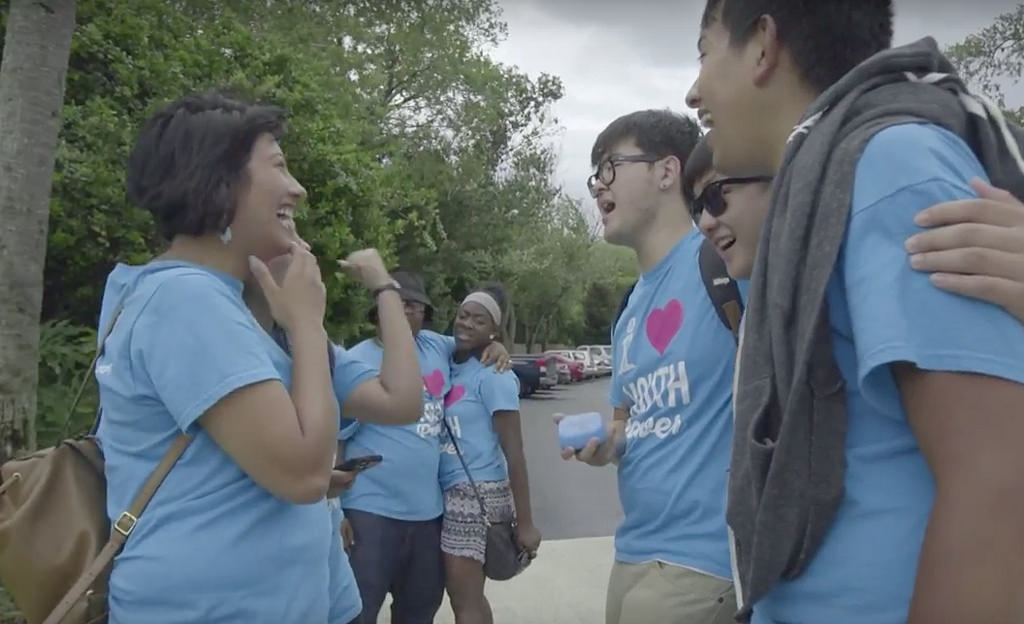On June 15, we celebrate the benefits of the four-year anniversary of President Obama’s Deferred Action Childhood Arrivals (DACA) initiative. Since DACA was first announced in 2012, it has positively changed the lives of hundreds of thousands of young individuals in the United States. According to the most recent data, United States Citizenship and Immigration Services (USCIS) approved 728,285 applications, with the highest number of recipients residing in California, Texas, and Illinois.
Under DACA, eligible individuals who pass a background check and meet specific age, education, and United States residency requirements, are granted a temporary reprieve from deportation and are eligible to receive a renewable two-year work permit.
Through a series of reports, Roberto Gonzales and his team of researchers at the National UnDACAmented Research Project (NURP) have found that while DACA does not offer a pathway to legalization, and the opportunities for DACA recipients vary from state to state, DACA has lifted barriers for over 700,000 young immigrants. The initiative has allowed them to transition to adulthood more smoothly, increased employment and educational opportunities, and allowed them to more fully contribute to American society.
Due to DACA, beneficiaries have expanded access to post-secondary education and have expressed renewed motivation in attending college and working in their dream fields. Recent results of the NURP survey showed that, depending on the state, DACA beneficiaries have access to in-state tuition rates and financial aid for higher education and have better access to trade schools and specialized vocations. As a result, the program has motivated many young DACA beneficiaries to pursue higher education and professional degrees.
Further, since the majority of DACA beneficiaries live in low-income households, DACA has helped some of its beneficiaries afford higher education by allowing them to find employment and increase their earnings. Moreover, many DACA recipients who were able to afford tuition at a four-year institution enrolled in job-training programs. In sum, the newfound economic and educational opportunities of DACA beneficiaries stimulate the U.S. economy; they are able to contribute financially to their households and are able to serve the American society with their talent.
The benefits of DACA have been well documented. The Obama administration’s plan to expand DACA to even more worthy recipients, and implement the Deferred Action for Parents of Americans and Lawful Permanent Residents (DAPA) program, would have even more positive impacts on individuals and American communities. As we anxiously await the Supreme Court’s decision, it is important to reflect on the success of DACA and continue to push for expanded, and permanent, solutions.
Photo by the Korean Resource Center.
FILED UNDER: DACA, featured, USCIS


